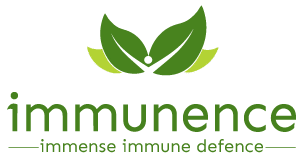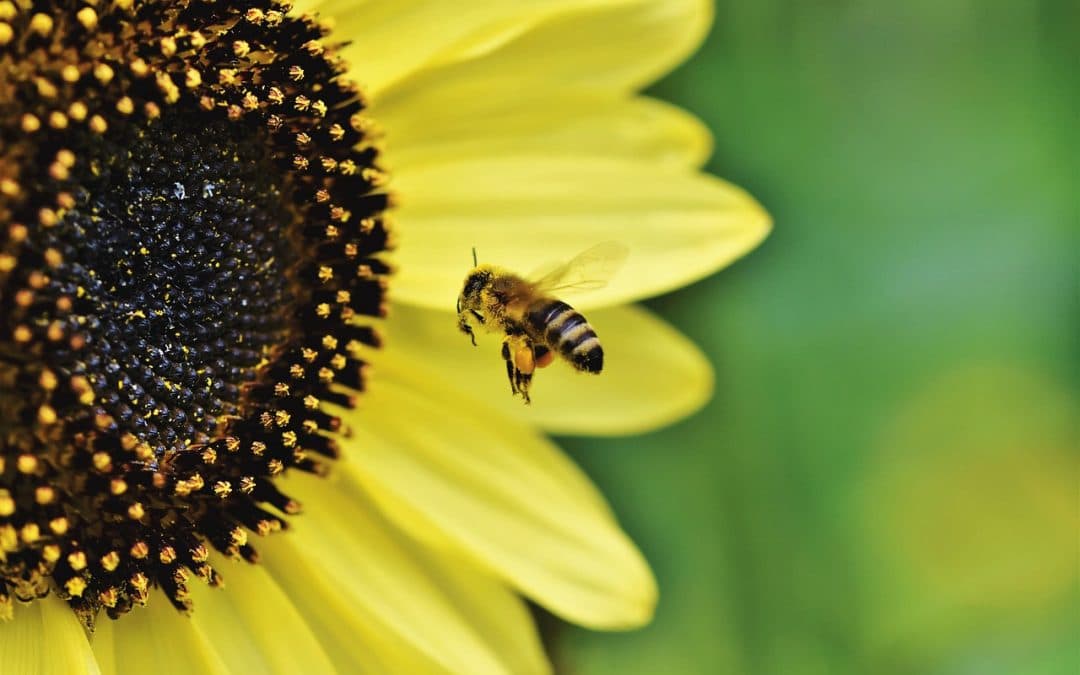
by Immunence | Apr 21, 2020 | The Science
Bee pollen is a valuable apitherapeutic product greatly appreciated by the natural medicine because of its potential medical and nutritional applications. It demonstrates a series of actions such as antifungal, antimicrobial, antiviral, anti-inflammatory,... 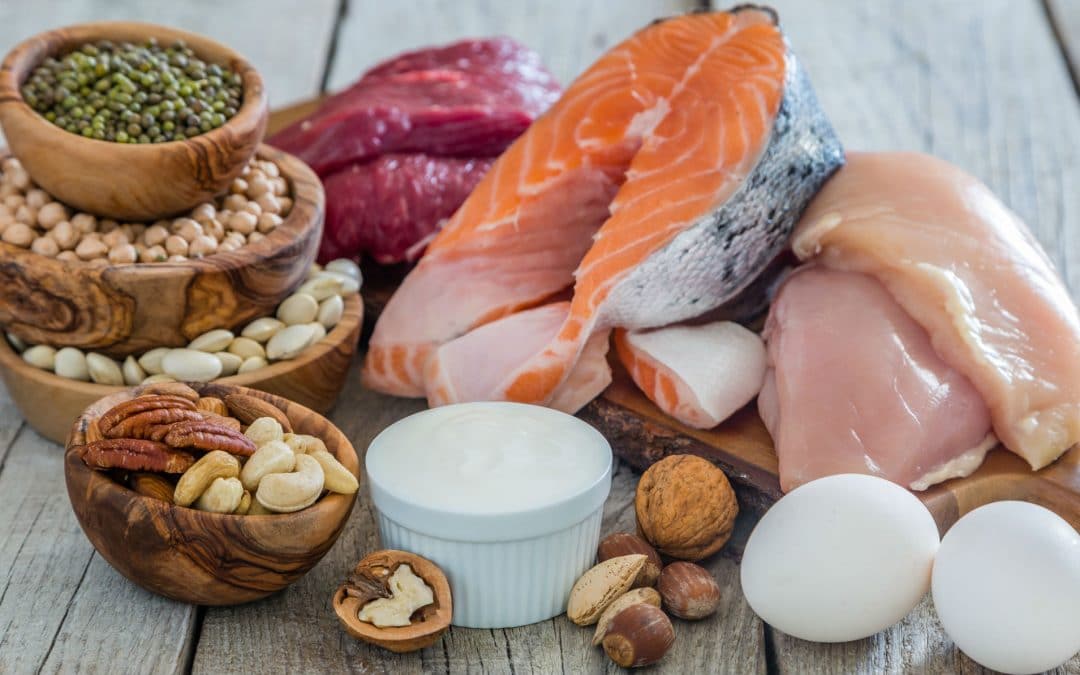
by Immunence | Apr 21, 2020 | The Science
Proteins from plant-based compared with animal-based food sources may have different effects on cardiovascular disease (CVD) risk factors. Numerous epidemiologic and intervention studies have evaluated their respective health benefits; however, it is difficult to... 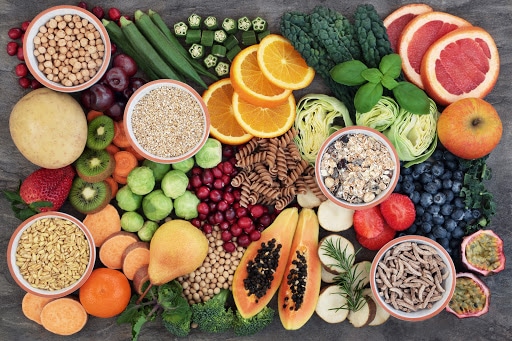
by Immunence | Apr 21, 2020 | The Science
Since the early 2000s, plant-based nutrition has increased in popularity in the general population. Kaiser Permanente significantly contributes to this development by promoting plant-based diets and by continuously incorporating plant-based nutrition on the front... 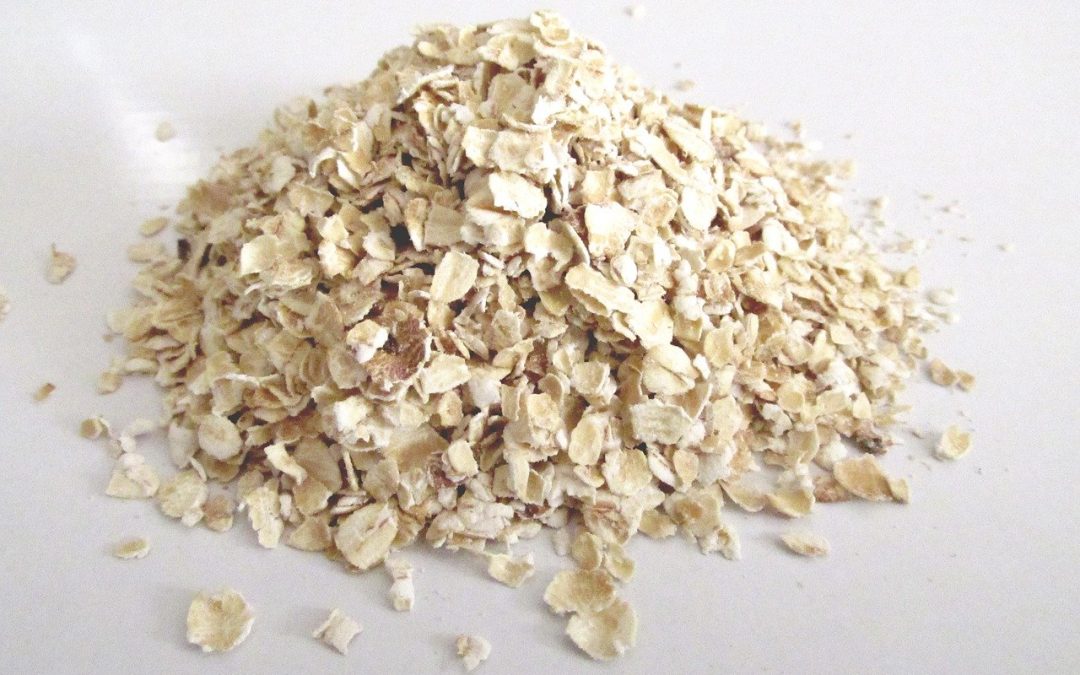
by Immunence | Apr 20, 2020 | The Science
Oats, formally named Avena sativa, is a type of cereal grain from the Poaceae grass family of plants. The grain refers specifically to the edible seeds of oat grass, which is what ends up in our breakfast bowls. Whether loved or hated for their mushy yet hearty... 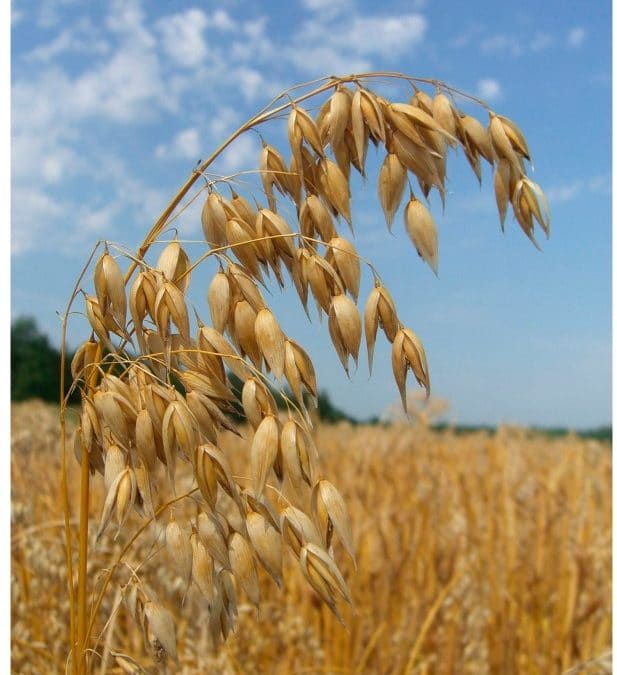
by Immunence | Apr 20, 2020 | The Science
The water-insoluble storage proteins of cereals (prolamins) are called “gluten” in wheat, barley, and rye, and “avenins” in oat. Gluten can provoke celiac disease (CD) in genetically susceptible individuals (those with human leukocyte antigen...





 LANGUAGE
LANGUAGE SPANISH
SPANISH